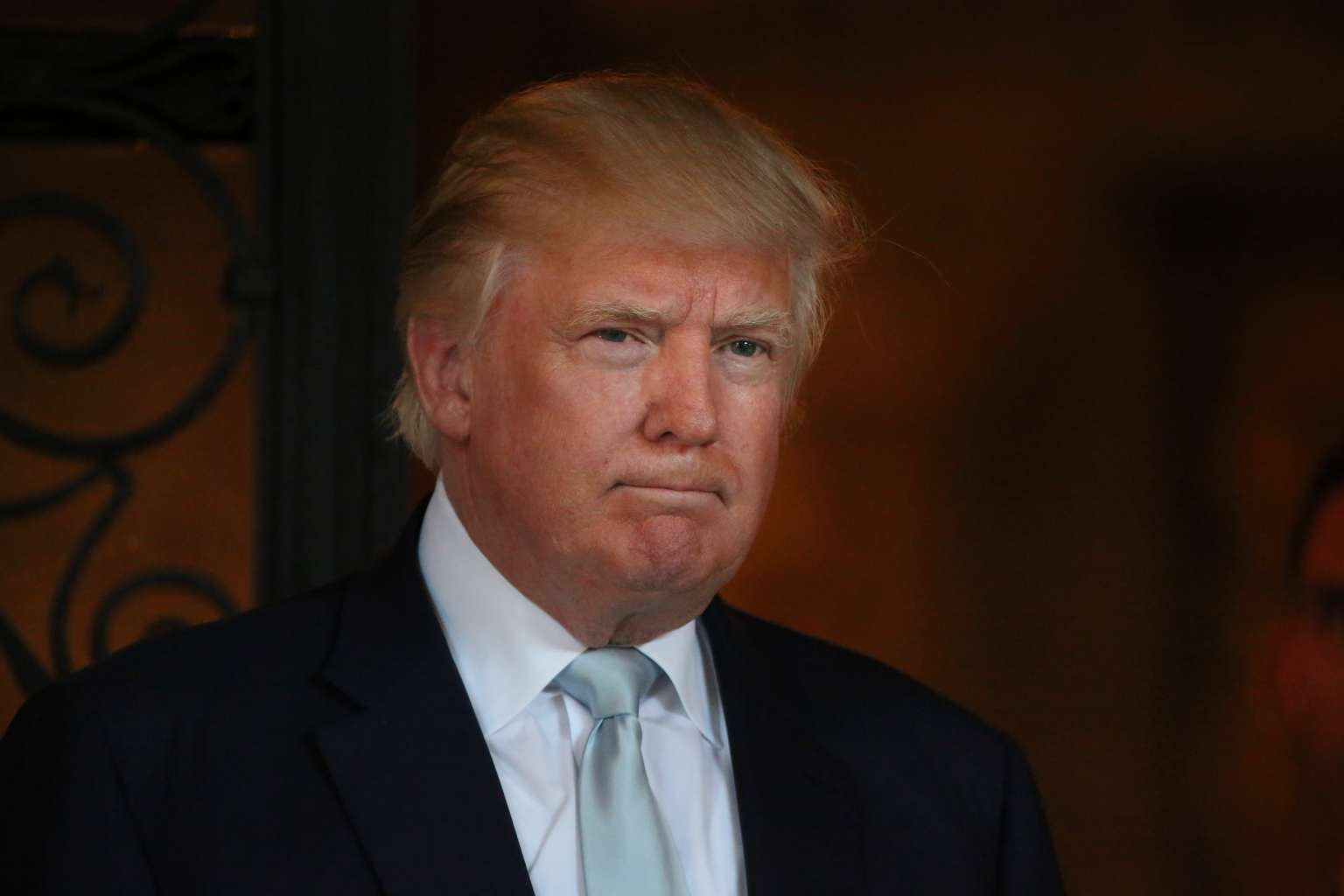US envoys appointed by Obama asked to quit by Inauguration Day
Sign up now: Get ST's newsletters delivered to your inbox

Donald Trump has taken a strict stance against leaving any of Obama's political appointees in place as he prepares to take office on Jan 20.
PHOTO: NYTIMES
Follow topic:
(REUTERS, NYTIMES ) - US President-elect Donald Trump's transition team has issued a blanket mandate requiring politically appointed ambassadors installed by President Barack Obama to leave their posts by Inauguration Day, the US ambassador to New Zealand said on Friday (Jan 6).
"I will be departing on January 20th," Ambassador Mark Gilbert said in a Twitter message to Reuters.
The mandate was issued "without exceptions" through an order sent in a State Department cable on Dec 23, Gilbert said.
He was confirming a report in the New York Times, which quoted diplomatic sources as saying previous US administrations, from both major political parties, have traditionally granted extensions to allow a few ambassadors, particularly those with school-age children, to remain in place for weeks or months.
Officials from the State Department and Trump's transition team were was not immediately available for comment.
"Political" ambassadors, many of them major donors, who are nominated by virtue of close ties with the president almost always leave at the end of his term; ambassadors who are career diplomats often remain in their posts.
The order threatens to leave the United States without Senate-confirmed envoys for months in critical nations like Germany, Canada and Britain, the New York Times reported.
A senior Trump transition official told the newspaper there was no ill will in the move, describing it as a simple matter of ensuring Obama's overseas envoys leave the government on schedule, just as thousands of political aides at the White House and in federal agencies must do.
Trump has taken a strict stance against leaving any of Obama's political appointees in place as he prepares to take office on Jan 20, aiming to break up many of his predecessor's signature foreign and domestic policy achievements, the newspaper said.
Diplomats told New York Times the order has thrown their personal lives into a tailspin, leaving them scrambling to secure living arrangements and acquire visas allowing them to stay in their countries so their children can remain in school.
In Costa Rica, Ambassador Stafford Fitzgerald Haney is hunting for a house or an apartment as his family - which includes four school-age children and his wife, who has been battling breast cancer - struggles to figure out how to avoid a move back to the United States with five months left in the school year, according to the diplomats.
In the Czech Republic, they said, Ambassador Andrew H. Schapiro is seeking housing in Prague as well as lobbying his children's Chicago-based school to break with policy and accept them back mid-year.
In Brussels and Geneva, Denise Bauer, the US ambassador to Belgium, and Pamela Hamamoto, the permanent representative to the United Nations, are both trying to find a way to keep daughters from having to move just months before their high school graduation.
Ronald E. Neumann, the president of the American Academy of Diplomacy, a Washington-based nonprofit association for former ambassadors and senior diplomats, said it was reasonable to expect ambassadors to return at the end of a term, given that they are direct representatives of the president with broad grants of authority.
But he could not recall an occasion in which such a strict timeline had been applied. "When you have people out there whose only reason for being an ambassador is their political connection to the outgoing president of a different party, it's pretty logical to say they should leave," said Neumann, a career Foreign Service officer who held ambassadorships in Algeria, Bahrain and Afghanistan. "But I don't recollect there was ever a guillotine in January where it was just, 'Everybody out of the pool immediately.'"
W. Robert Pearson, a former ambassador to Turkey and a scholar at the Middle East Institute in Washington, said the rule was "quite extraordinary," adding that it could undermine American interests and signal a hasty change in direction that exacerbates jitters among allies about their relationships with the new administration.

